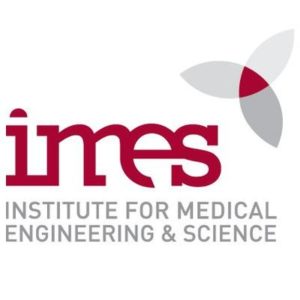The Problem Paradox
Why do most breakthrough medical technologies never reach patients?
Because too often they’re solutions in search of problems.
The method revolution
What if innovation started with problems, not technologies?
In Catalyst, we take an approach that changes everything.
Your breakthrough moment
Ready to transform how you approach biomedical technology innovation?
Join Catalyst to master these methods and accelerate your impact.
The Catalyst Fellowship
Identify and develop research projects with high potential for healthcare impact.
Real problems you identify. Breakthrough ideas you develop with elite collaborators. Research unconstrained by the limits of a single lab or organization. As a Catalyst Fellow at MIT linQ, you’ll master the proven method behind successful medical technologies by working alongside clinicians, engineers, and entrepreneurs. Transform your approach to biomedical technology innovation and accelerate your career as a leader.
We recruit multi-talented cohorts, including:
As an engineer, you have honed your problem-solving skills and have a deep understanding of technology. The biomedical field is ripe with opportunities for individuals like yourself to apply your expertise and make a profound impact on the lives of patients and providers. The Catalyst Program offers an exceptional platform to harness your talents and channel them towards addressing the most pressing challenges in healthcare today.
As an experienced scientist, you possess a deep understanding of the scientific method and a focus on evidence-based discovery. The field of biomedical research offers an unparalleled platform for you to apply your scientific expertise and make a profound impact on human health. The Catalyst Program provides the ideal avenue for channeling your talents and working towards solving the most critical challenges in healthcare today.
As a designer, you have a demonstrated ability to design user-centered concepts and products. You are experienced with methods that logically create solutions to meet specific unmet needs. The field of biomedical research offers a compelling platform for you to apply your design skills in transforming healthcare experiences and improving patient outcomes. The Catalyst Program provides an exceptional avenue to channel your creativity and make a tangible impact on the lives of individuals in need.
As a scientist with training in human behavior, you possess a deep understanding of human psychology, motivations, and the factors that drive change and adoption. The field of biomedical research offers a compelling platform for you to apply your expertise in fostering healthier behaviors, improving patient outcomes, and transforming healthcare delivery. The Catalyst Program provides an ideal avenue to channel your skills and make a tangible impact on the lives of individuals in need.
As a dedicated clinician, you have witnessed firsthand the challenges faced by patients and healthcare providers alike. The field of biomedical research and innovation offers an exceptional platform for you to bridge the gap between clinical practice and transformative medical solutions. The Catalyst Program provides a unique avenue to channel your clinical insights and contribute to the development of cutting-edge treatments, technologies, and methodologies
Why join Catalyst
Help drive pioneering research
The program provides an avenue for you to engage in cutting-edge research, collaborate with brilliant minds, and work on projects that push the boundaries of biomedical innovation. Imagine being at the forefront of developing life-saving medical devices, breakthrough therapies, and transformative healthcare technologies.
Participate in interdisciplinary collaboration
In Catalyst, you will collaborate with a diverse group of professionals, including researchers, engineers, scientists, and healthcare practitioners. This interdisciplinary collaboration will expose you to new perspectives, foster creativity, and fuel innovation. Together, you can combine your design expertise with their knowledge to create impactful solutions that address complex healthcare challenges.
Professional development
The program is designed to nurture your scientific growth and enhance your skills through specialized workshops, seminars, and mentorship opportunities. Esteemed researchers, industry leaders, and experienced faculty members will guide and inspire you along your journey. This comprehensive support system will enable you to grow both personally and professionally.
Impactful contributions
Your skills and experience bring a valuable perspective to biomedical research. By applying yourself in this domain, you can revolutionize patient care, improve healthcare outcomes, and shape the future of medicine. Your contributions can directly impact the lives of individuals in need and make a lasting difference in society.
Expanded career opportunities
By participating in Catalyst, you position yourself as a valuable asset in an ever-growing industry. Your unique blend of innovation expertise and biomedical technology will open doors to diverse career opportunities in healthcare, research institutions, medical device companies, and more. The skills and knowledge gained will set you apart as a leader in your field, enabling you to drive scientific progress and shape the future of healthcare.
The first six months

Join as an individual…

Collaborative, mentored innovation process
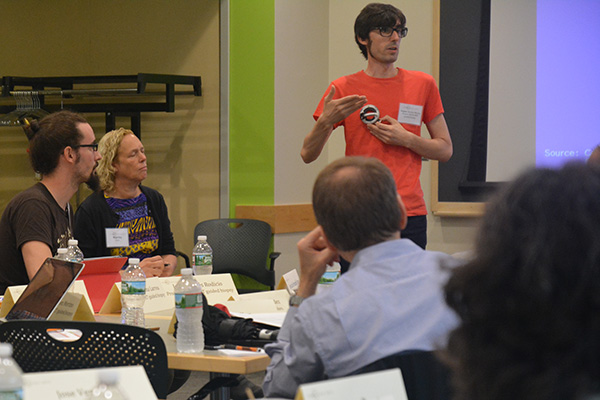
…by June you will be co-leading a novel research project with potential for high impact

Experience highlights
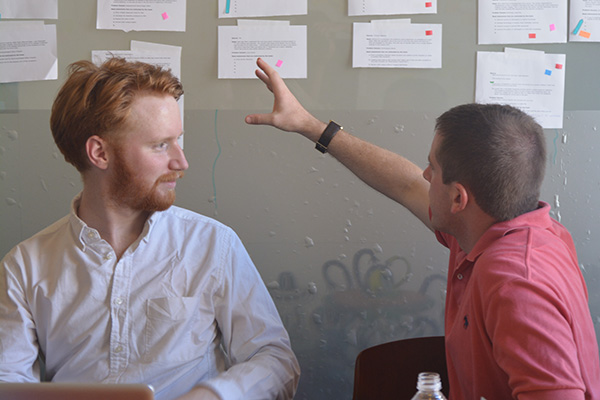
New project discovery with high potential to achieve health impact and without the constraints of a single lab or organization.
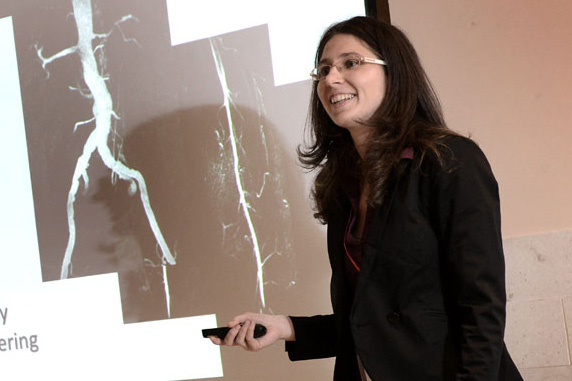
Process driven by you in a multi-disciplinary team based environment. Past teams have established new lines of research, launched start-ups, and embarked on new career trajectories.
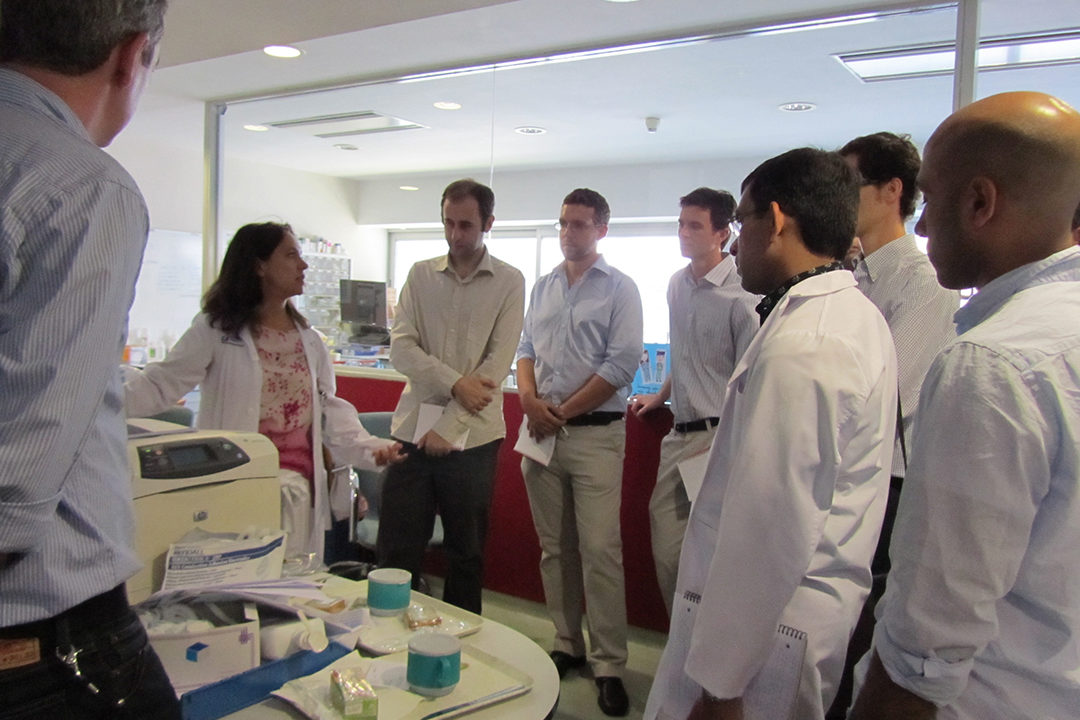
Mentored by a unique network of leading experts in their field from academic research and industry that shortens the time to realize meaningful healthcare outcomes.
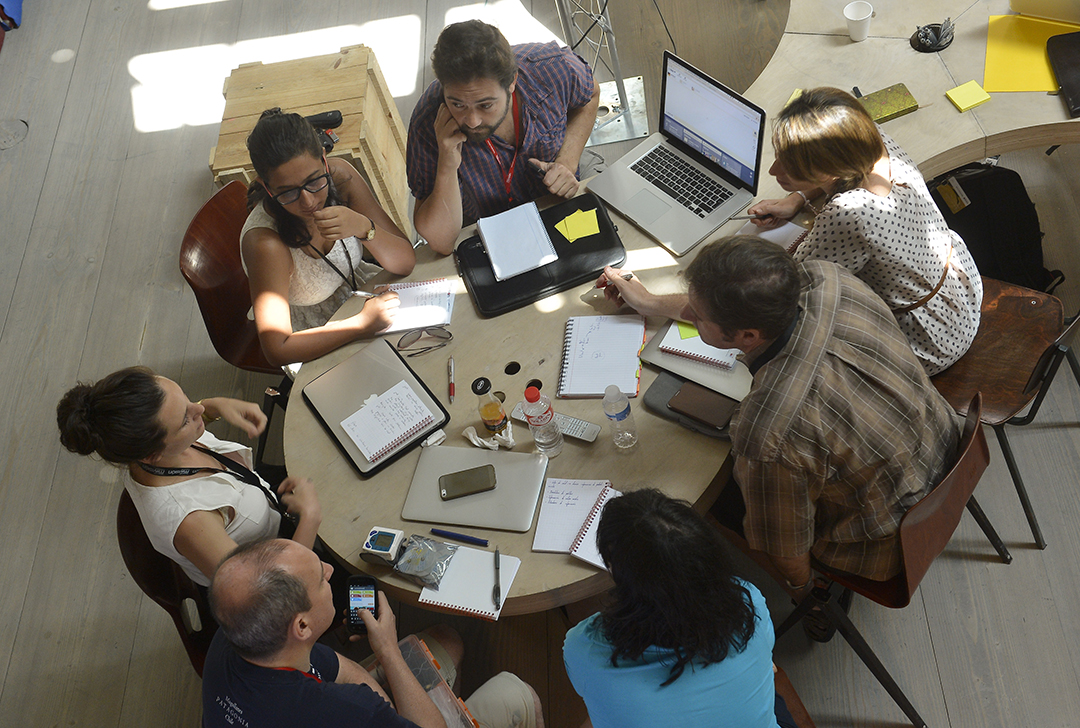
A proven MIT linQ Innovation Method that focuses on real-world medical innovation opportunities and accelerates impact.
Catalyst projects: As wide-ranging as unmet medical needs
Catalyst Fellows’ projects range as widely as their discovery of unmet medical needs takes them. Past projects have included non-invasive measurement of white blood cells for chemotherapy patients, imaging biomarkers to target specific mental disorders, innovative contraception to reduce STI transmission, and many others across technical and clinical areas.
The breadth and variety of the Catalyst network means Fellows can discover and pursue innovation opportunities unconstrained by the needs and capabilities of a single organization. And our partnerships enable Fellows to dive deep into areas as diverse as pediatric healthcare, access to care in rural and underserved communities, and Veterans health.
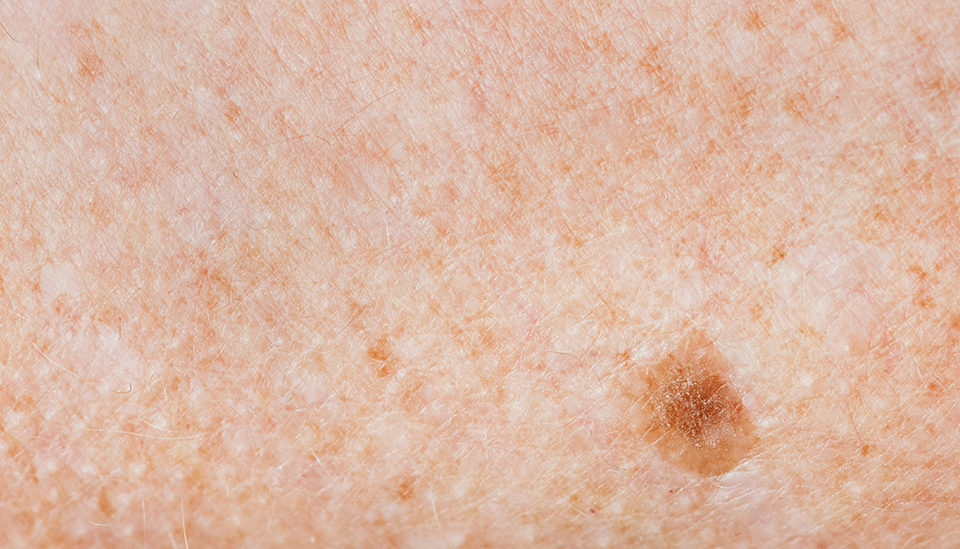
AI-assisted detection of basal cell carcinoma
The most common form of skin cancer, basal cell carcinoma can have a disfiguring effect and even become fatal when not treated promptly. A team of 2024 Fellows are developing an approach to enable earlier discovery and more accessible intervention.

Novel technology for obstructive sleep apnea
The standard of care for OSA is cumbersome, uncomfortable, and noisy—undermining the very sleep people desperately need. A team formed in 2019 developed a new device that’s easier to use, with hopes of helping people avoid serious downstream negative effects.
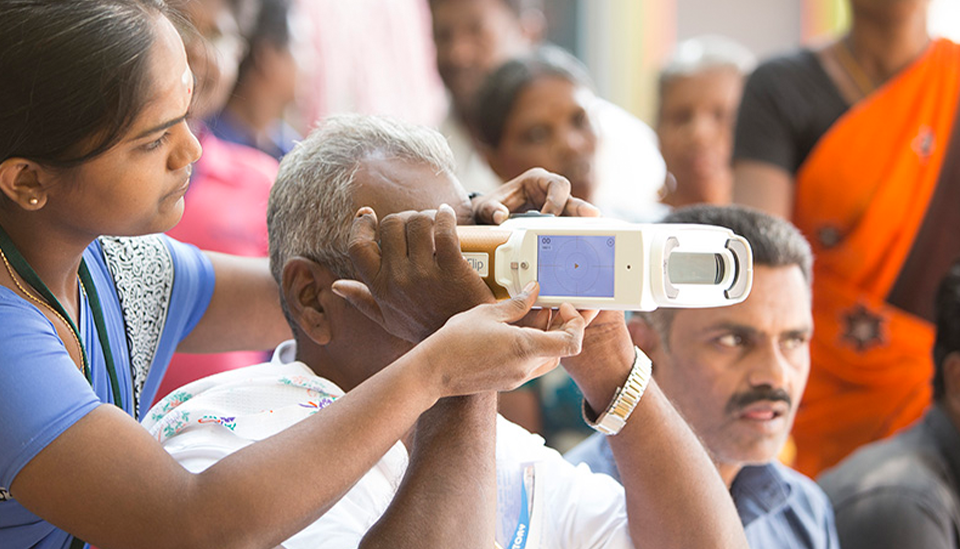
Mobile autorefraction to lower barriers to vision care
A 2011 team discovered the current practices and technologies for vision care were leaving more than a billion people without the correction they need. The technology they developed and commercialized is transforming vision care access for millions globally.

Catalyst partners


